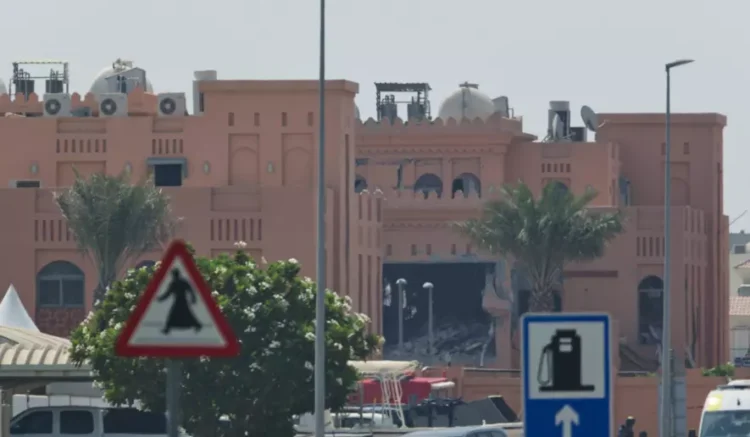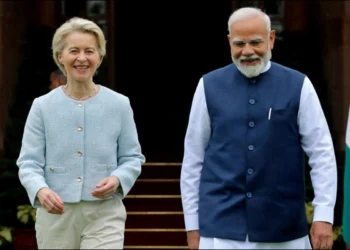Rich Gulf Arab nations positioned themselves as havens of peace in a war-torn region for decades, erecting glittering capitals with rapidly expanding economies driven by millions of migrant workers attracted by the promise of economic opportunity and tax-free living.
However, when two regional powers launched a direct attack on a Gulf nation for the first time this year, their sense of security was upended. First, after the US hit its nuclear facilities in June, Iran targeted an American airfield in Qatar. Then, this week, Israel launched a strike against the Doha-based political leadership of Hamas. As the battle in Gaza, which started thousands of miles away from their borders over two years ago, gets closer to home, Gulf Arab states are alarmed.
The United Arab Emirates, the Gulf state with the strongest links to Israel, may have had the most obvious and prompt response. Less than twenty-four hours after the incident, UAE President Mohammed bin Zayed Al Nahyan and a sizable delegation landed in Doha. He travelled to Bahrain, Oman, and Qatar as part of a Gulf visit to organise a reaction to the attack. To condemn what it described as Israel’s “blatant and cowardly” attack, the UAE called in an Israeli envoy on Friday.
Also Read:
Under an Emergency legislation, Trump Requests That the US Supreme Court Sustain Tariffs





























































